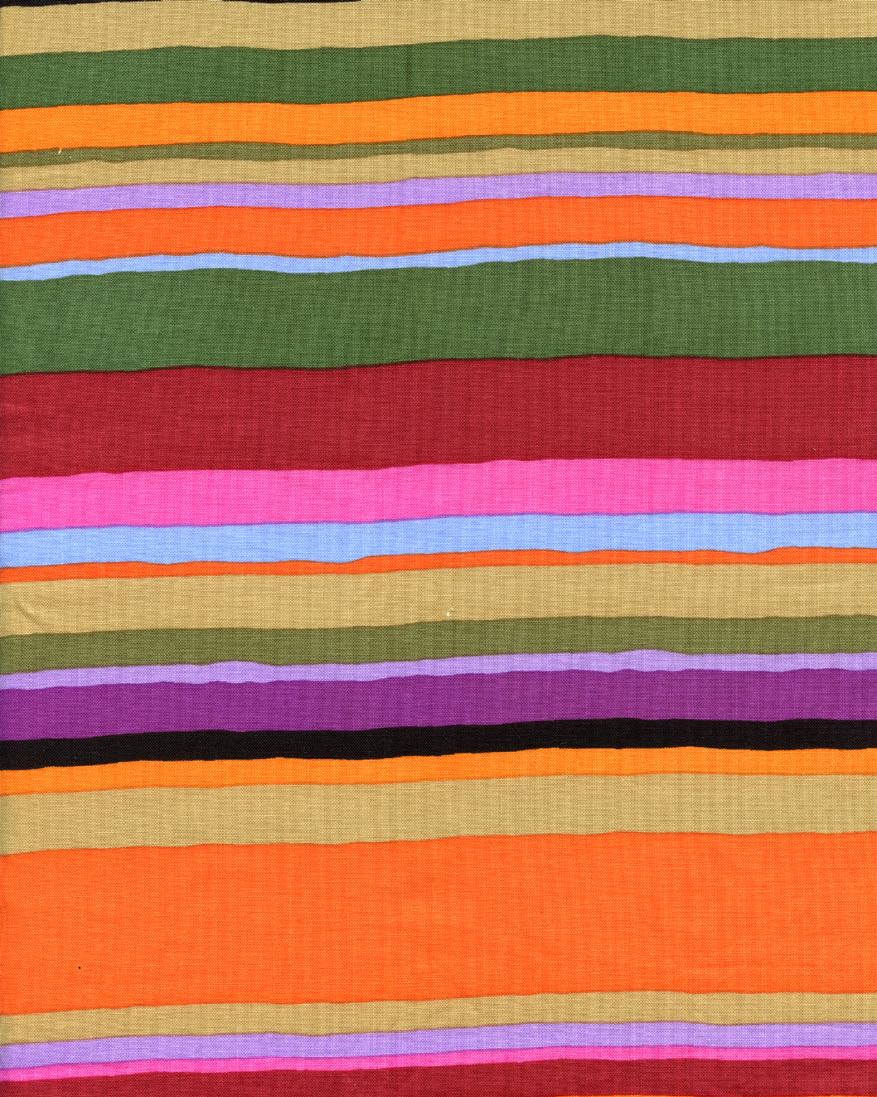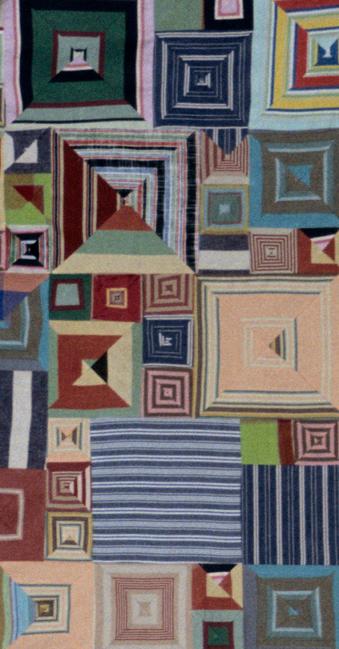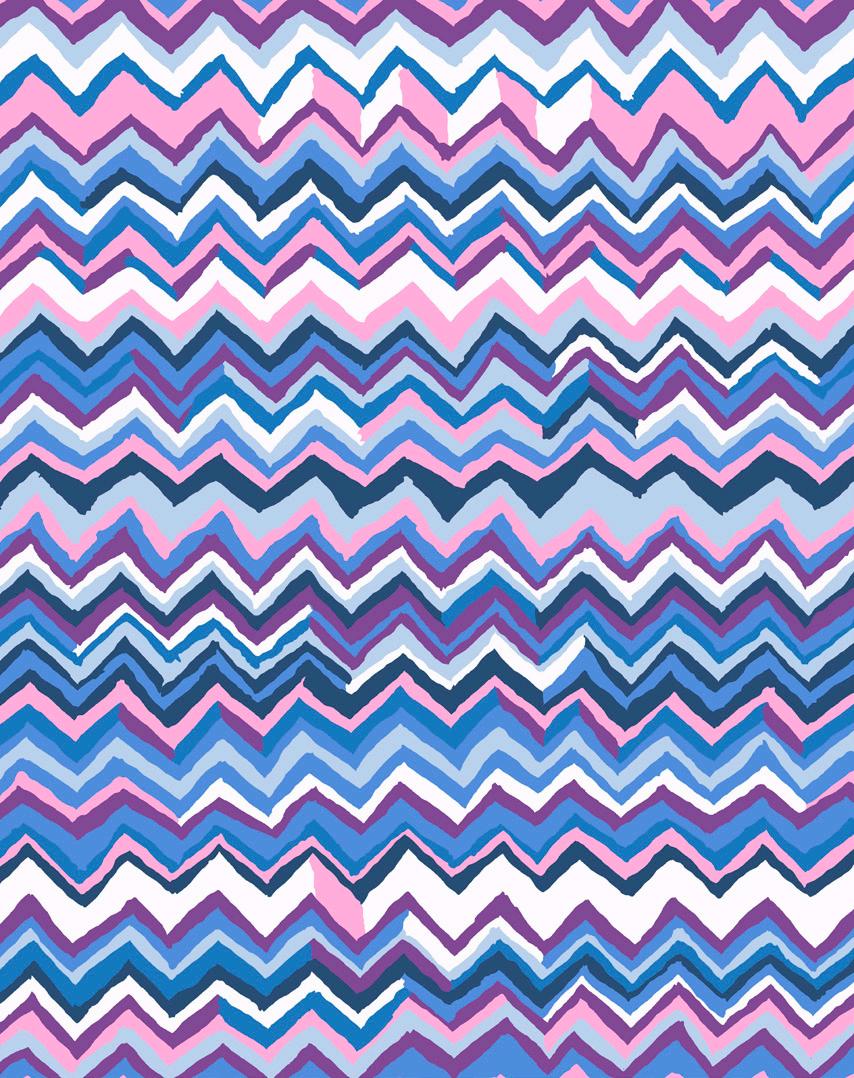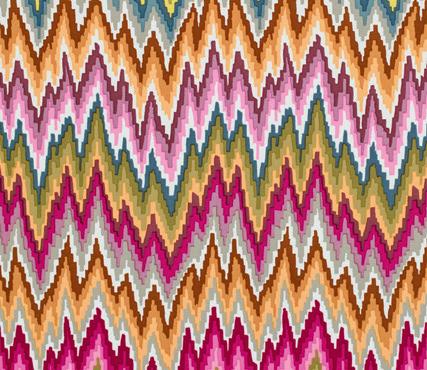KAFFE FASSETT ’ S TIMELESS THEMES
24 New Quilts Inspired by Classic Patterns
 PHOTOGRAPHS BY DEBBIE PATTERSON
KAFFE FASSETT WITH LIZA PRIOR LUCY Abrams, New York
PHOTOGRAPHS BY DEBBIE PATTERSON
KAFFE FASSETT WITH LIZA PRIOR LUCY Abrams, New York
INTRODUCTION X PART ONE
Chapter One BOLD STRIPES XX

 PHOTOGRAPHS BY DEBBIE PATTERSON
KAFFE FASSETT WITH LIZA PRIOR LUCY Abrams, New York
PHOTOGRAPHS BY DEBBIE PATTERSON
KAFFE FASSETT WITH LIZA PRIOR LUCY Abrams, New York
INTRODUCTION X PART ONE
Chapter One BOLD STRIPES XX
Chapter Two COMPLEX STRIPES XX
Chapter Three CIRCLES XX Chapter Four VASES, BASKETS, AND BOWLS XX

Chapter Five ORGANIC SHAPES XX
Chapter Six FOLIAGE XX
Chapter Seven SPOTS, SPRAYS, AND SMALL FLORALS XXX
Chapter Eight FLOWERS XXX PART TWO
INSTRUCTIONS XXX INDEX XXX OTHER XXX
ACKNOWLEDGEMENTS XXX








I am so often knocked sideways by the inventive uses of printed fabrics in vintage quilt books, but in recent years I’ve come across equally inspiring finds in the world of woven textiles. Many of the antique cloth pieces used by Japanese farmers were made from hand-dyed indigo textiles. But some were also hand-woven stripes, usually in black, browns, and also, indigo blues. This consistent palette magnifies the variations in the scale of stripes and plaids. Partly because they are so limited in color, the subtle differences create a stunning vibration that has me returning over and over to these intense patchwork panels.

I’ve taken my darkest woven stripes to place on an inky background in my homage to this form. I feel this is a quilt that would suit a nature that is moved by dark, subtle structure and balance. Of course, it could be done in any set of stripes, perhaps all neutrals, or dark-light striped fabrics could make a contrasting variation, or try it using the palette and stripes of the awning squares on page 000.
I’ve long admired the Kantha pieces I’ve seen from India that usually patch recycled saris together and use long running stitches over the whole surface. Since the utility patchwork boros do the same, I had a great time stitching over my raw edge patches with pale blue stitches. The Aurifil company has developed a great palette of colors that Liza Prior Lucy and I chose for our Glorious Kantha collection. I found this wonderful dark shopfront on Aberfeldy Street to place it on and the effect delights me.

Raised in the countryside of the California coastline, I often came across old farm buildings with walls patched with rusty corrugated metal panels. By taking every darkish stripe I could find in my collections of prints and placing them in simple squares, I arrived at the impression I had of those rusty barn walls. I keep them all running in the same direction, you will notice. You could, of course, do this in any palette of colors you like. Shirt stripes would make a lovely soft quilt with delicate stripes of classic men’s shirting fabrics.
For this composition of stripes, I’ve used a medium to dark palette. There are a lot of stripes that go back to my early designing days but mostly my Indian shot stripes. The simple one patch arrangement of squares helps you see all the variety of stripes within the quilt. There is something electric about all the stripes being vertical. Any collection of stripes could be used if you keep contrasts low. The stripes in the brick and the iron work here echo my quilt stripes.


















